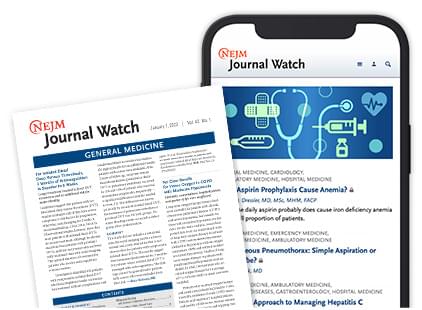Regorafenib.
For patients with metastatic esophagogastric adenocarcinoma, inhibition of the vascular endothelial growth factor (VEGF) pathway via the anti–VEGFR-2 antibody ramucirumab increases response, progression-free survival (PFS) and overall survival (OS) when combined with second-line treatment with paclitaxel. The multitargeted tyrosine kinase inhibitor regorafenib targets VEGFR and other pathways and has effectiveness in chemotherapy-refractory colorectal cancer.
Investigators now report results of the industry-sponsored, randomized, double-blind, placebo-controlled INTEGRATE IIa trial evaluating regorafenib (160 mg daily for 21 days of 28-day cycles) in patients with chemotherapy-refractory esophagogastric adenocarcinoma. Of the 251 patients enrolled, 63% were treated in Asia; 73% had gastric primaries; 42% had received a prior VEGF inhibitor; 59% had received two and 40% had received three or more lines of prior chemotherapy. For the analysis of OS, the primary endpoint, results were pooled with those from INTEGRATE I, a prior randomized, placebo-controlled, phase II trial in 147 patients.
At a median follow-up of 48 months, OS was improved with regorafenib over placebo in the pooled cohort (hazard ratio, 0.70; P=0.001) and in the INTEGRATE IIa cohort (HR, 0.68; P=0.006). In the INTEGRATE IIa cohort, 1-year OS was improved with regorafenib (19% vs. 6%), whereas median OS was similar (4.0 and 4.5 months). PFS was improved with regorafenib (HR, 0.53; P0.0001). The disease control rate was higher with regorafenib than placebo (21.3% vs. 4.9%) and the antitumor response was limited (2.4% vs. 0%). Adverse events related to regorafenib, including palmar–plantar erythrodysesthesia, mucositis, hypertension, and diarrhea, were manageable.
